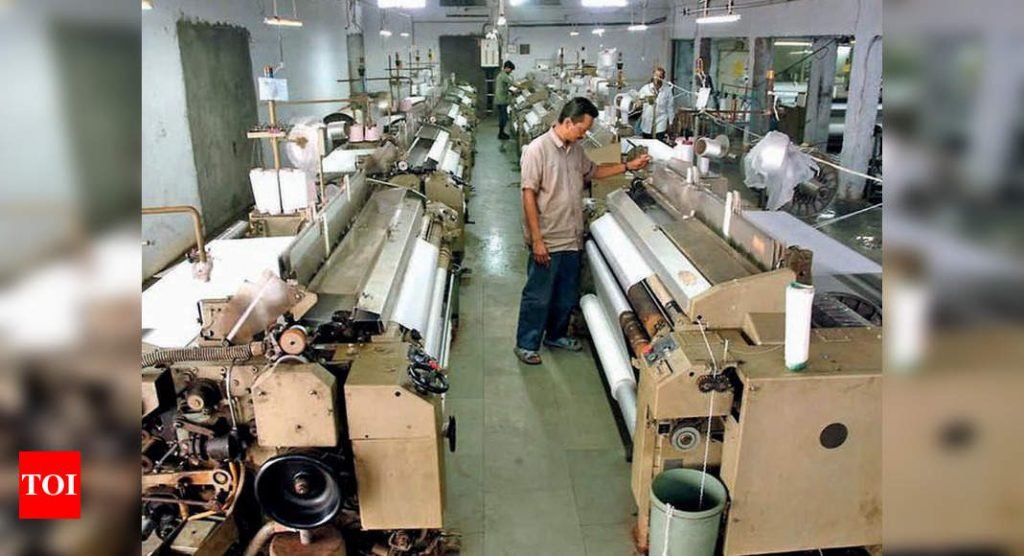SURAT: The Indian Artificial Silk Weaving Association (FIASWI) and Powerloom Weaving Associations on Saturday urged the chairman of the...
Tag Archives: Surat
DGTR imposes anti-dumping obligation on imported nylon filament yarn | Surat Information
22
Dec
SURAT: To the disappointment of the Powerloom weavers, the General Directorate for Trade Aids (DGTR) recommended an anti-dumping duty o...

